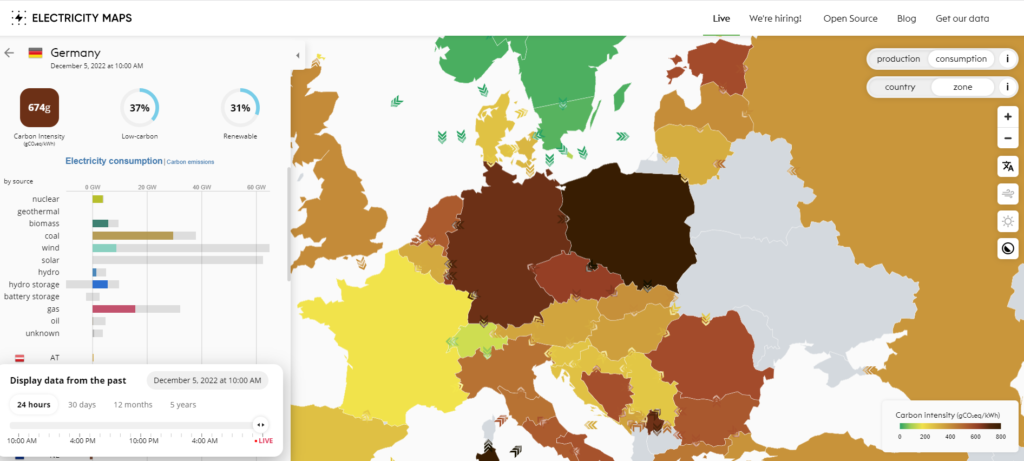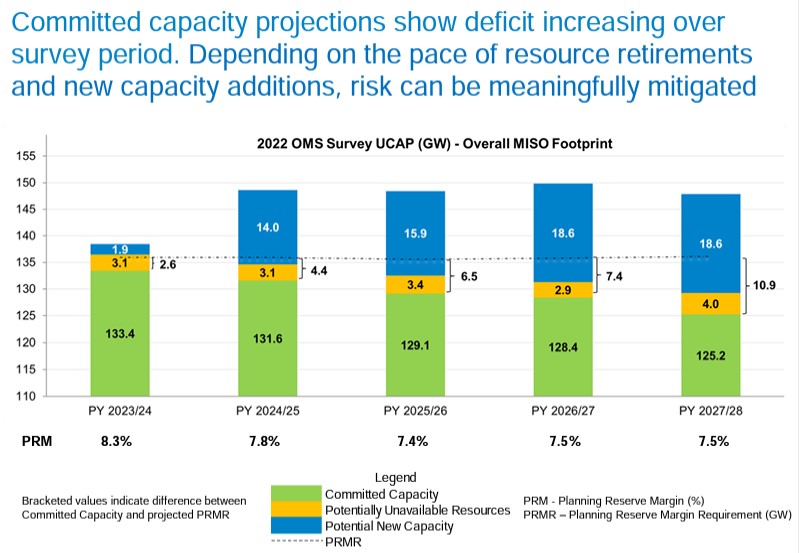Like Germany, Minnesota should mothball, not destroy, its coal plants
For years, Minnesotans have been told that our state should pass the same energy policies as Germany, which has subsidized wind and solar power, shut down its nuclear and coal-fired power stations, and increased its reliance upon (Russian) natural gas.
With liberal lawmakers seizing total control of Minnesota’s government in the last election, there is a real chance that these legislators will attempt to pass legislation requiring our state to generate 100 percent of its electricity from existing nuclear power plants, wind, solar, and battery storage by 2040.
However, if liberal lawmakers are dead-set on adopting some of Germany’s energy policies, they should advocate mothballing or idling Minnesota’s existing coal plants instead of tearing them down completely, just like Germany did with its Energiewende, or “Energy Transition.”
Germany: rolling coal
While Germany made headlines for shutting down coal-fired power stations and building wind turbines and solar panels, the important thing is that Germany did not destroy the coal plants. Germany carefully mothballed them so they could be turned back on in the future just in case they were needed.
Oh boy, are they needed.
Vladimir Putin’s invasion of Ukraine and the ensuing sabotage of the NordStream 1 pipeline means Germany no longer has direct access to Russian natural gas, which has played the critical role of generating electricity when the wind isn’t blowing or the sun isn’t shining.
Now, Germany has restarted or extended the lives of at least 20 coal plants, and these plants are keeping the lights on.
The graphic below from Electricity Map shows that Germany is rolling coal at the moment, with the fuel providing more electricity than any other fuel source. It is also worth noting that while wind and solar capacity is larger than coal, wind is only producing 12.8 percent of its potential output, and it is nighttime in Deutcheland, meaning the myriad of solar panels installed are not producing any power.

If not for Germany’s careful mothballing of its coal fleet, the country would be forced to burn even more natural gas for electricity generation, putting it at a much greater risk of running out of fuel this winter. Minnesota should take note of Germany’s experience and do the same.
Earlier this year, American Experiment launched our Save Our Sherco in an effort to extend the life of Unit 2 at the Sherburne County (Sherco) Generating Station (680 megawatts) beyond 2023 due to the 1,200-megawatt capacity shortfall on the regional electric grid to which Minnesota belongs, the Midcontinent Independent Systems Operator (MISO).
With complete liberal control of the legislature, this effort is not likely to be successful. As a result, Sherco 2 will almost certainly cease operations next year. However, Minnesota lawmakers would be wise to require Xcel Energy to mothball rather than destroy the plant because slides from MISO show the risk of blackouts will likely grow in the next five years.

Mothballing these plants would allow Xcel to restart them in the future if they are needed. If we tear them down entirely, it means we will not have the same flexibility as Germany in the face of energy adversity in the future.